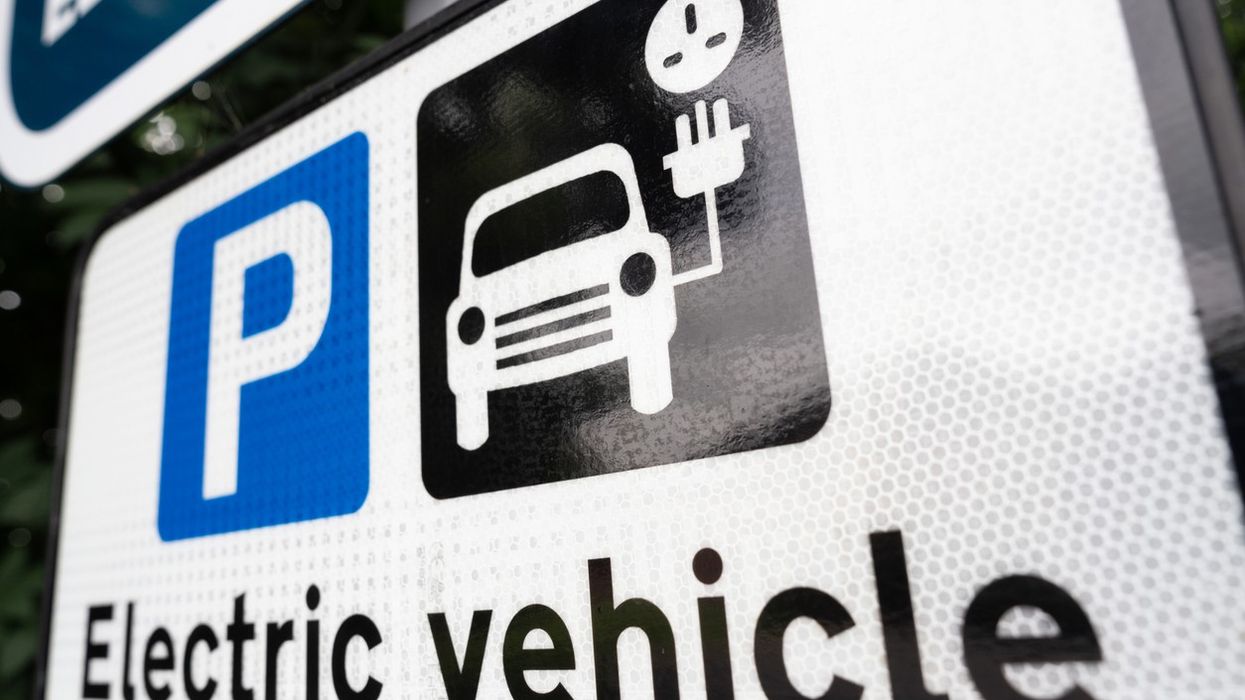Highlights:
- OpenAI officially launched GPT-5 during a live-stream, promoting it as a major AI advancement
- GPT-5 replaces previous models including GPT-4o, removing user access to the model picker
- Users report shorter responses, reduced personality, and restricted prompt usage
- Online forums are filled with frustration, with many calling it a downgrade
OpenAI has launched its highly anticipated GPT-5 model, announcing the rollout during a live-streamed event. CEO Sam Altman described it as a significant leap in AI development, comparing its capabilities to that of a PhD-level expert across multiple disciplines.
According to OpenAI, GPT-5 offers improvements in reasoning, writing, coding, factual accuracy, and handling of health-related queries, while exhibiting fewer hallucinations — a term used to describe when AI makes false or fabricated claims.
However, the rollout has also triggered a wave of backlash, as OpenAI has removed access to previous models such as GPT-4o, GPT-4 mini (o4 mini), and GPT-3.5 (o3). The model picker option within ChatGPT has been eliminated, preventing users — including paying subscribers — from choosing which version they interact with.
Instead, OpenAI now uses a routing system to automatically determine whether the base or reasoning model of GPT-5 should respond to a user’s query. While the intention is to streamline the experience, many users feel the change has led to a degraded product.
Online reaction: Shorter replies, lost personality, and disappointment
While GPT-5 aims to offer a smarter and more efficient AI experience, early user feedback paints a different picture. Across Reddit and other social platforms, complaints have centred on shorter responses, robotic tone, and a lack of emotional nuance compared to previous models.
“They have completely ruined ChatGPT. It’s slower, even without the thinking mode. It gives such short replies and gets some of the most basic things wrong,” wrote one Reddit user. “It also doesn’t follow instructions and just does whatever it wants.”
Another user suggested the changes were financially motivated:
“They shortened the answers to save costs. Removed emotional intelligence so people stop chatting all day. But this will probably cost them millions in lost subscriptions.”
Other users echoed similar sentiments:
“It doesn’t have the same vibe as 4o. While more organised in some ways, the replies are clipped and lack warmth.”
“Answers are shorter and, so far, not any better than previous models. Combine that with more restrictive usage, and it feels like a downgrade branded as the new hotness.”
Perhaps the most emotive comment came from a user mourning the removal of previous models:
“I really feel like I just watched a close friend die.”
A changing AI landscape
The rollout of GPT-5 marks another step in OpenAI’s strategy to unify its offerings under one flagship model. While the company insists the changes are meant to improve user experience through smarter automation, the loss of model choice and perceived dip in conversational quality have clearly hit a nerve among long-term users.
It remains to be seen whether future updates will address the backlash, or whether GPT-5 will evolve into the all-in-one solution OpenAI envisions — without sacrificing the personality that once defined its predecessors.





